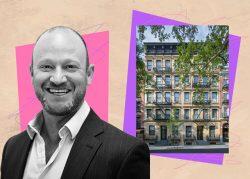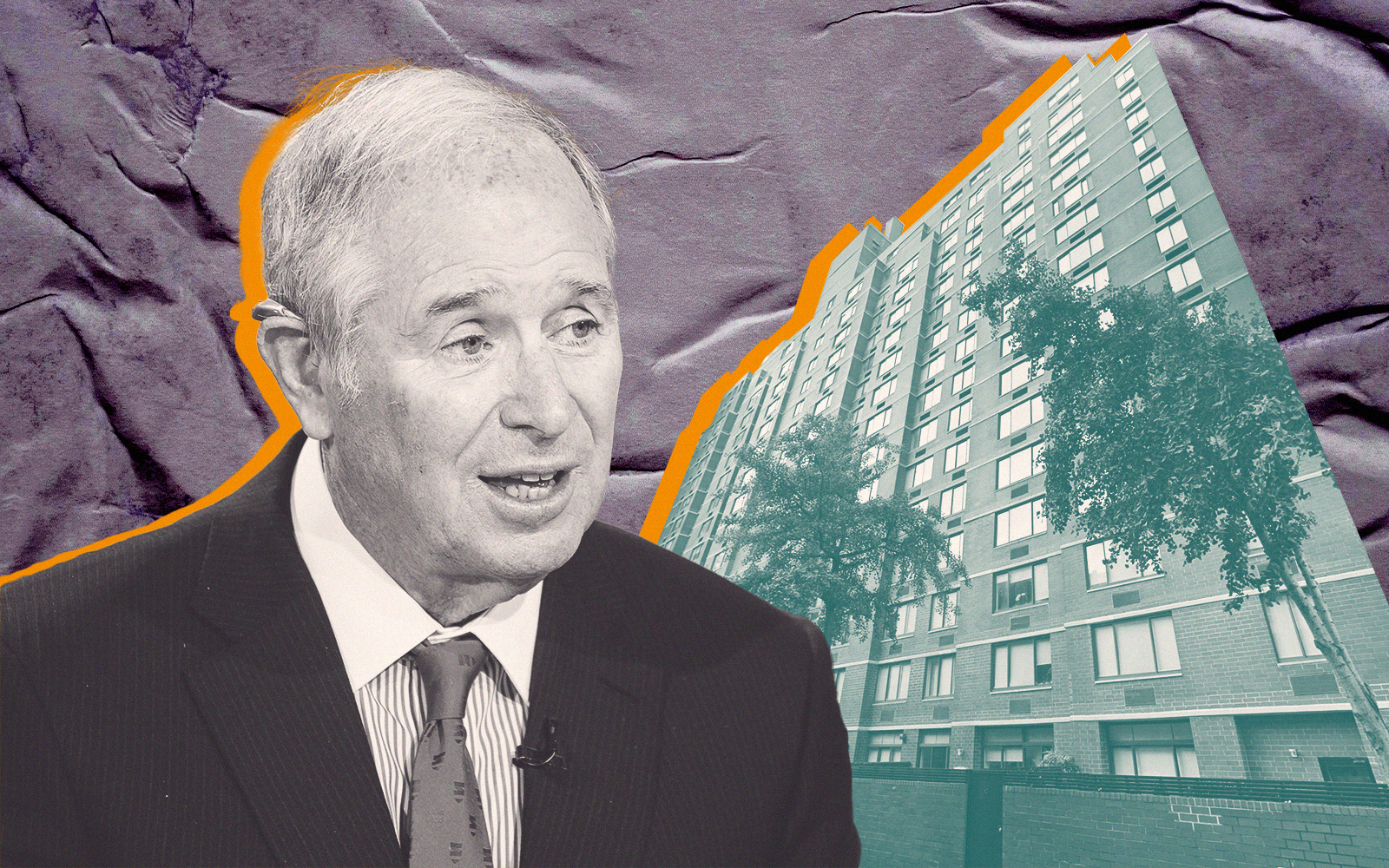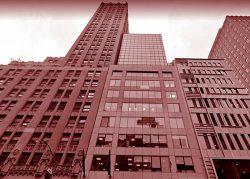Two Upper East multifamily apartment buildings are heading to a bankruptcy auction next month, more than a year after a lender moved to foreclose.
Aulder Capital initiated a UCC foreclosure on the 37-unit multifamily properties at 162-164 East 82nd Street in late 2021. The apartments, which are mostly free-market rentals, are largely controlled by apparel entrepreneur Ruben Azrak.
Azrak hired bankruptcy specialist David Goldwasser to put the properties into bankruptcy in September of last year, halting the foreclosure.
Greg Corbin, the president of bankruptcy and restructuring at Rosewood Realty Group, is marketing the bankruptcy sale. Corbin also marketed the UCC foreclosure auction.
A company tied to Azrak bought the buildings from Harbor Group in 2017 for $19.4 million. The same year, Azrak took on a $10.5 million senior loan and a $1.5 million mezzanine loan from Dime Community Bank. Months later, Aulder Capital purchased the loans.
During the pandemic, the buildings faced mortgage delinquencies, which were exacerbated by litigation and accounting issues involving the property manager, Choice New York Management, Goldwasser alleged in a court filing. By the time the properties filed for bankruptcy, the default interest totaled about $2.6 million.
Bankruptcy gave the owners one last chance to refinance, but the lending environment has been brutal. Now the property is heading for a May 25 auction, at which the lender has the option of using its existing debt to credit bid.
“Both the owner and lender, who are working constructively together, are looking forward to a robust auction,” said Kevin Nash of Goldberg Weprin Finkel Goldstein, who represents the debtor.
The property is the latest example of the distress in New York’s multifamily market.
Rent-stabilized buildings have faced headwinds since the 2019 rent law, which severely limited rent increases at stabilized units. But free-market rentals are also facing challenges.
Last month, Moody’s downgraded the CMBS debt secured by 11 Manhattan multifamily buildings owned by Blackstone, claiming that the cash flow wouldn’t cover the debt service. The portfolio is 96 percent free-market.
Read more



